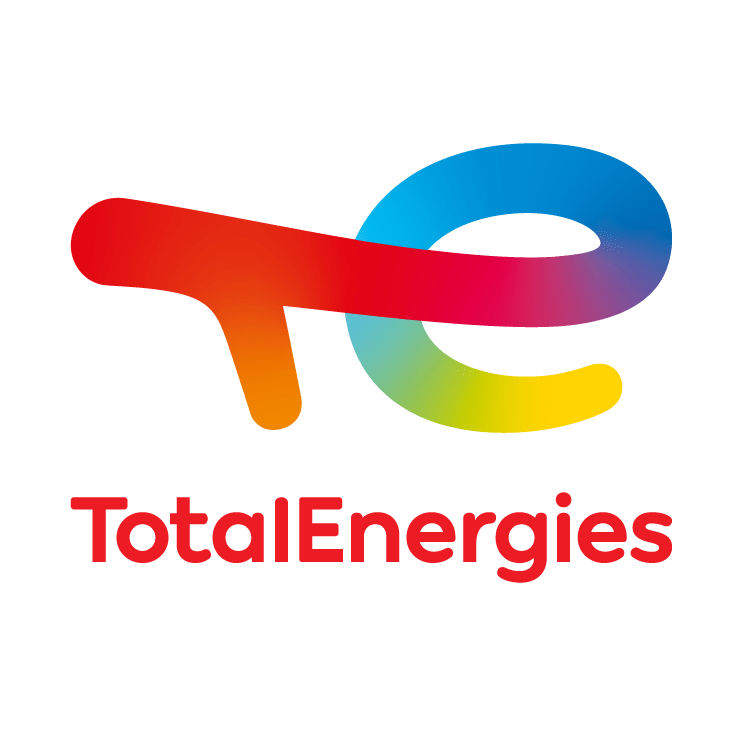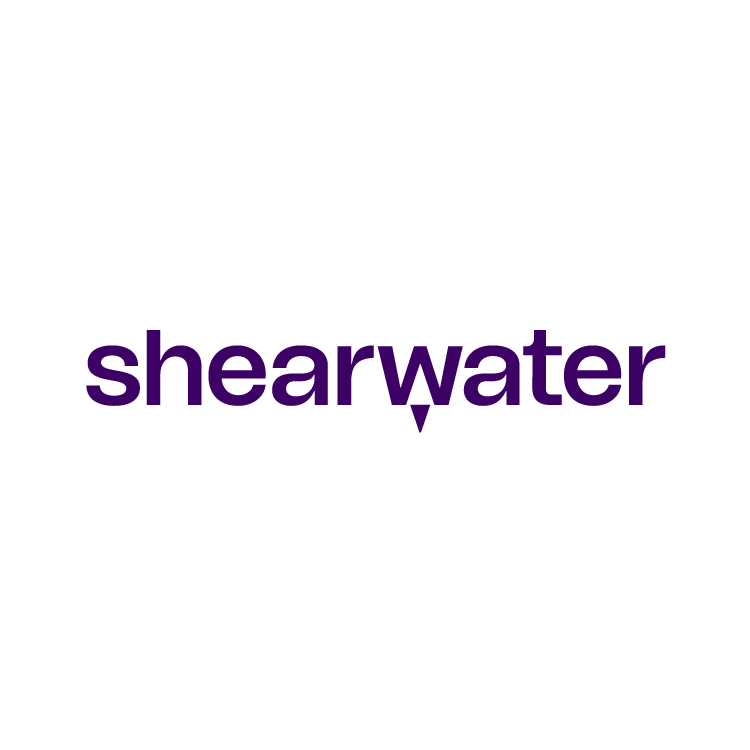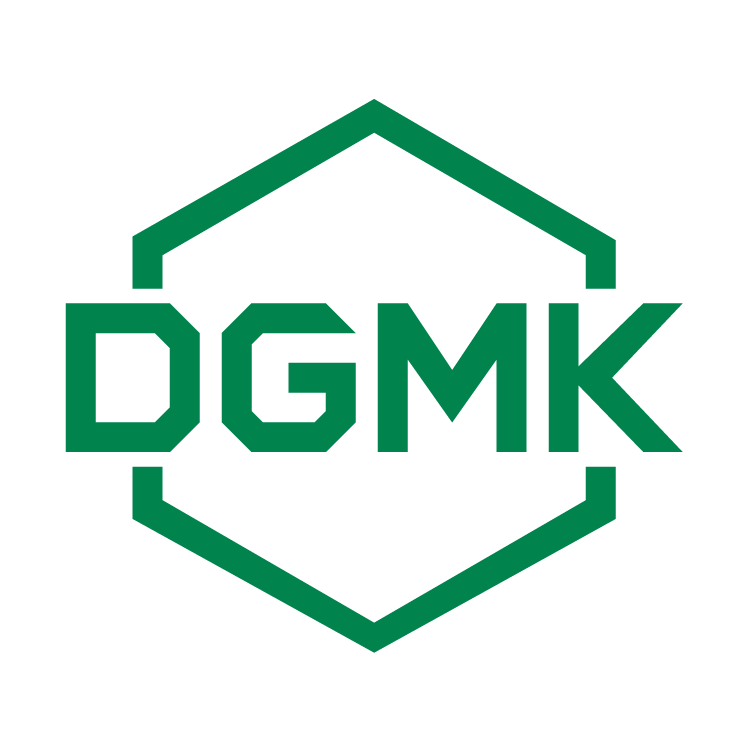Short Course 5
Short course 5 – 31 October
Underground Hydrogen Storage in Rocks: Pore-to-core Scale Flow Processes, X-ray Imaging and Modelling
Level: Intermediate
This course is designed to provide a fundamental understanding of the key physical and microbial processes occurring at the pore-to-core scale during UHS in rocks. Participants will first go through basic concepts related to porous media and flow processes, followed by an examination of multiphase flow in rocks and wettability concepts. The course will then focus on applying this knowledge to UHS processes. Recent advances in UHS research, including challenges associated with cyclic injection, H2 entrapment, dissolution and microbial interactions will be discussed in detail. Additionally, the course will introduce 3D and 4D (i.e., time-resolved 3D) X-ray imaging and pore-scale modelling techniques, and their applications to UHS processes.

Date
31 October
Time
TBC
Location
Shell
Register and start learning now
COURSE OBJECTIVES
- (Provide a fundamental understanding of porous media properties and multiphase fluid flow in porous media.
- Introduce participants to X-ray imaging, modeling, and the digital analysis of porous media and flow processes.
- Provide experience through practical and challenging problems related to multiphase flow in porous materials, with an emphasis on geo-energy fields, especially underground hydrogen storage (UHS) .
- Make participants aware of the challenges in laboratory experiments, imaging, and modelling.
- Describe and explain where the expertise gained in this course can be applied to other fields such as, CCS, fuel cell and direct lithium extraction.
Course Outline
- Introduction to underground hydrogen storage (UHS) in porous rocks (30 min)
- Hydrogen economy and significance of UHS in porous rocks
- Comparison with other storage facilities
- Outstanding challenges of UHS in rocks: trapping, dissolution and microbial interactions
- General concepts related to porous media and single-phase flow (1 hr)
- Multiphase flow in porous media and UHS (2 hr)
- Drainage, imbibition, invasion percolation, flow patterns and wettability
- Capillary pressure and relative-permeability curves
- Multiphase flow for UHS in rocks and comparison with other gases
- X-ray imaging of H2 injection and storage in rocks (2 hr)
- Introduction to 3D and 4D X-ray imaging and image processing, and their use in characterising multiphase flow properties
- Recent research on 3D imaging of cyclic injection of H2 in rocks
- Challenges associated with studying microbial interactions and dissolution using X-rays and potential solutions
- Multiscale modelling of multiphase flow processes and its applications in UHS (1 hr)
- Summary and key messages (30 min)
Participant Profile
The course is suitable for individuals with a background in physics, engineering, geology, or geosciences. It is designed for participants ranging from master’s to postdoctoral level, and will also enrich the knowledge base of researchers and technical staff from the industry.
KEY TAKEAWAYS
Participants will acquire interdisciplinary skills in multiphase flow in porous media, along with cutting-edge digital rock analysis and modeling techniques, essential for understanding fluid-fluid-rock interactions during cyclic UHS. Moreover, the course will provide insights into the latest advancements and research trends in UHS.
Prerequisites
Basic knowledge of porous media and flow processes is desirable but not required, as these fundamentals will be developed from basic to intermediate levels during the course.








